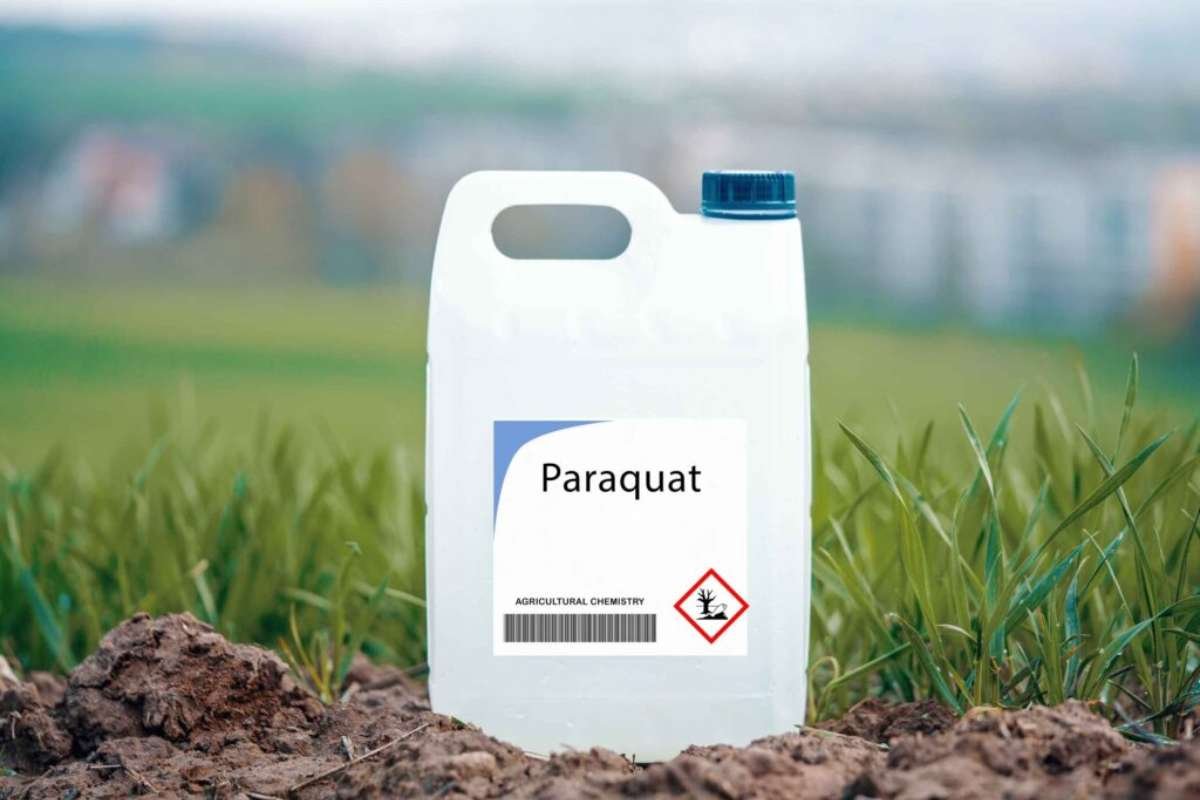Attention-deficit/hyperactivity disorder (ADHD) is a neurodevelopmental disorder that affects individuals of all ages. ADHD is typically diagnosed in childhood, but many individuals may not receive a diagnosis until adulthood. However, some individuals may have Undiagnosed Adult Attention Deficit Hyperactivity Disorder (ADHD) even in adulthood, which can have a significant impact on their daily functioning and quality of life. In this article, we will discuss what Undiagnosed Adult Attention Deficit Hyperactivity Disorder ADHD is, its symptoms, causes, and treatment options.
What is Undiagnosed Adult Attention Deficit Hyperactivity Disorder?
Undiagnosed Adult Attention Deficit Hyperactivity Disorder (ADHD) is a condition that occurs when a person displays the signs of ADHD but has not been diagnosed with the illness. Undiagnosed Adult Attention Deficit Hyperactivity Disorder (ADHD) may arise for a number of different reasons, including a lack of knowledge of the problem, a misinterpretation of other mental health issues, or the idea that ADHD is a disorder that primarily affects children.
Symptoms of Undiagnosed Adult Attention Deficit Hyperactivity Disorder ADHD
The signs and symptoms of adult ADHD that have not been diagnosed might vary greatly from person to person. The following is a list of some of the most prevalent symptoms of adult ADHD:
1. Inattention
People who suffer from ADHD may have trouble remaining focused on activities or finishing projects, which may contribute to low productivity in the workplace or the classroom. They may also have trouble staying organized and managing their time effectively.
2. Hyperactivity
Adults who have ADHD may exhibit hyperactivity in a variety of ways, including irritability, trouble sitting still, and fidgeting. They could also have a hard time unwinding at the end of the day and finding it tough to rest.
3. Impulsivity

Impulsivity is a challenge for adults who have ADHD, since they may make decisions without fully comprehending the repercussions of their choices. This might result in spending money rashly, engaging in dangerous habits, and having difficulties maintaining healthy social connections.
4. Poor Emotional Regulation
It’s possible that adults who have ADHD struggle to keep their emotions in check, which may result in mood swings, irritation, and trouble keeping their cool under pressure.
5. Poor Memory
People who have ADHD may have trouble recalling key information or details, which may make it challenging for them to do jobs that need careful attention to specifics, such as those found in the workplace or in the classroom.
Causes of Undiagnosed Adult ADHD
Adults who have not been properly Undiagnosed Adult Attention Deficit Hyperactivity Disorder have their causes poorly understood. Yet, there is evidence from studies that shows that Undiagnosed attention deficit hyperactivity disorder (ADHD) might be caused by a confluence of hereditary, environmental, and neurological variables. The following are some of the most prevalent risk factors that have been linked to an increased risk of developing ADHD in adults:
1. Genetics
Studies have shown that those who have a history of ADHD in their families may have a higher risk of developing the illness themselves. This lends credence to the theory that ADHD is caused by a hereditary predisposition.
2. Environmental Factors
There is a correlation between early childhood exposure to environmental contaminants, such as lead or pesticides, and an increased chance of developing attention deficit hyperactivity disorder (ADHD).
3. Brain Structure and Function
According to research, people who have ADHD may have variations in the structure and function of particular regions of the brain, such as the prefrontal cortex. This region of the brain is important for executive processes including attention, planning, and decision-making.
4. Childhood Trauma

An increased chance of developing Undiagnosed Adult Attention Deficit Hyperactivity Disorder (ADHD) in adulthood has been related to traumatic experiences in childhood, such as physical or emotional abuse, neglect, or the loss of a parent or caregiver.
Treatment Options for Undiagnosed Adult Attention Deficit Hyperactivity Disorder (ADHD)
Should an adult have reason to think that they may be suffering from Undiagnosed Adult Attention Deficit Hyperactivity Disorder (ADHD), it is imperative that they obtain a professional diagnosis as well as proper treatment choices. The following are examples of some of the most successful treatments for ADHD in adults:
1. Medication
Adderall, Ritalin, or Concerta are examples of stimulant drugs that are often recommended for the treatment of ADHD. These drugs may assist in the improvement of concentration and attention as well as in the reduction of hyperactivity.
2. Psychotherapy

Those who have ADHD might benefit from learning coping strategies via psychotherapy, such as cognitive-behavioral therapy (CBT), which can help them better control their symptoms and enhance their day-to-day functioning.
3. Lifestyle Changes
Alterations to one’s way of life are another potential treatment option for treating the symptoms of adult ADHD. Alterations to the following aspects of one’s lifestyle may be of assistance:
- Exercising on a regular basis is one of the best ways to control hyperactivity and boost your mood.
- Rest: Obtaining a sufficient amount of rest each night will assist increase one’s ability to concentrate and pay attention.
- Diet: A nutritious diet that is high in a variety of nutrients will assist enhance brain function and minimize the symptoms of attention deficit hyperactivity disorder (ADHD).
- Organization: Creating organizational methods, such as utilizing a planner or establishing to-do lists, may assist enhance productivity and decreasing stress. These are just two of the many benefits that come from an organization.
- Support Groups: Participating in a support group may provide persons with ADHD a feeling of belonging to a community as well as the opportunity to gain insight from the experiences of others.
BOTTOM LINE
Undiagnosed Adult Attention Deficit Hyperactivity Disorder ADHD may have a substantial negative effect on a person’s ability to operate normally in everyday life and their overall quality of life. The symptoms of adult ADHD may vary, but inattention, hyperactivity, impulsivity, difficulty regulating emotions, and poor memory are the most typical manifestations of the disorder. It is not completely known what causes adult ADHD; however, possible explanations include genetics, environmental variables, the structure and function of the brain, and traumatic experiences in childhood. Medication, counseling, and making adjustments to one’s way of life are all potential treatments for adult ADHD. Should an adult have reason to think that they may be suffering from Undiagnosed Adult Attention Deficit Hyperactivity Disorder (ADHD), it is imperative that they obtain a professional diagnosis as well as proper treatment choices.







